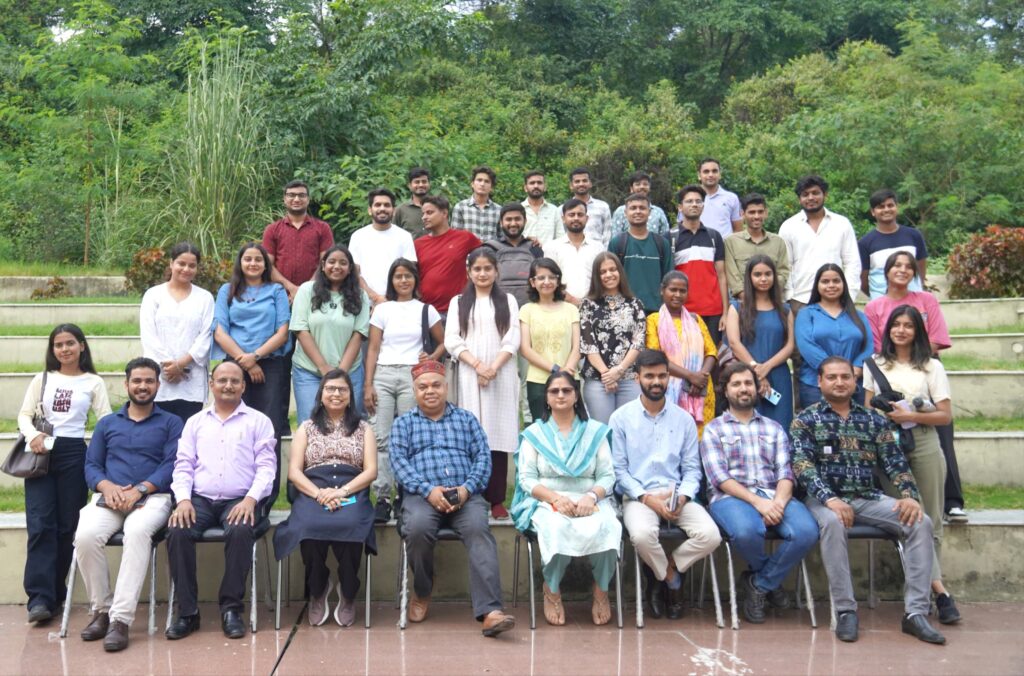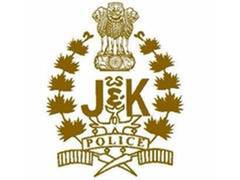Infodemic, a Major Challenge in Media, workshop on fact-Checking at IIMC Jammu
Jammu, September 30 : A highly informative workshop on “Fact-Checking” was organized at IIMC, Jammu by Dr. Archana Kumari, Associate Professor at the Centre for Media Studies, Jawaharlal Nehru University (JNU), New Delhi. The workshop aimed to equip students and media professionals with the critical skills needed to identify, verify, and combat misinformation in today’s complex media landscape.

The event commenced with opening remarks by Regional Director Dr. Dilip Kumar, who highlighted the growing problem of information overload. His insightful words set the tone for the importance of fact-checking in the modern age.
Following this, Assistant Professor Dr. Ravia Gupta introduced the guest speaker, Dr. Archana Kumari. Dr. Gupta elaborated on Dr. Kumari’s extensive academic and professional background, emphasizing her role as an alumnus of the Indian Institute of Mass Communication (IIMC) and her current position as an Associate Professor at JNU.
When Dr. Archana Kumari took the stage, she began by addressing the lack of effort people put into verifying news, visuals, and social media content. She emphasized that the spread of misinformation, especially in an era of rapid media consumption, is a growing concern. Dr. Kumari presented a compelling video demonstrating how false news can quickly spread, further driving home the urgency of fact-checking.
During the session, Dr. Kumari discussed the poor training in news institutions and the current challenges within the information landscape in India. She pointed out the growing meme culture as an obstacle in distinguishing credible news from falsehoods, stating that fighting fake news is a significant challenge for journalists and media professionals.
A special focus was placed on the issue of misinformation in regional languages, which often goes unnoticed but poses a major threat to informed discourse. Dr. Kumari introduced the concept of “infodemic,” explaining it as an overwhelming flood of information, including false or misleading content, that spreads during crises.
She also delved into the critical differences between misinformation, disinformation, and mal-information, helping students understand the nuances between these forms of deceptive content.
To conclude the workshop, Dr. Kumari shared essential tips for identifying and combating misinformation. The workshop was an enlightening experience for all attendees, leaving them with a better understanding of the role fact-checking plays in ensuring media credibility.
The event was moderated by Stuti from English Journalism and Anamika from Digital Media. The vote of thanks was delivered by Mr. Gulshan Kumar, Academic Associate, Hindi Journalism.






